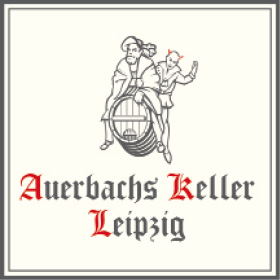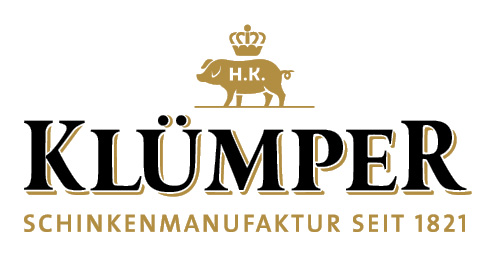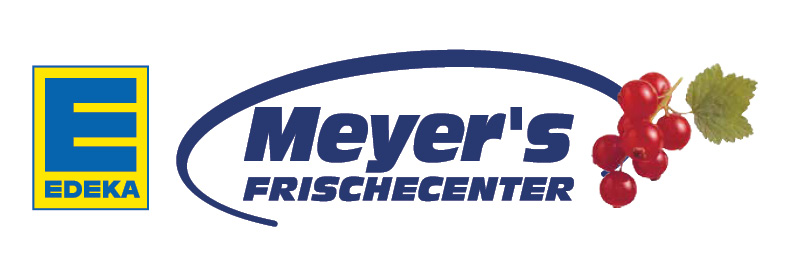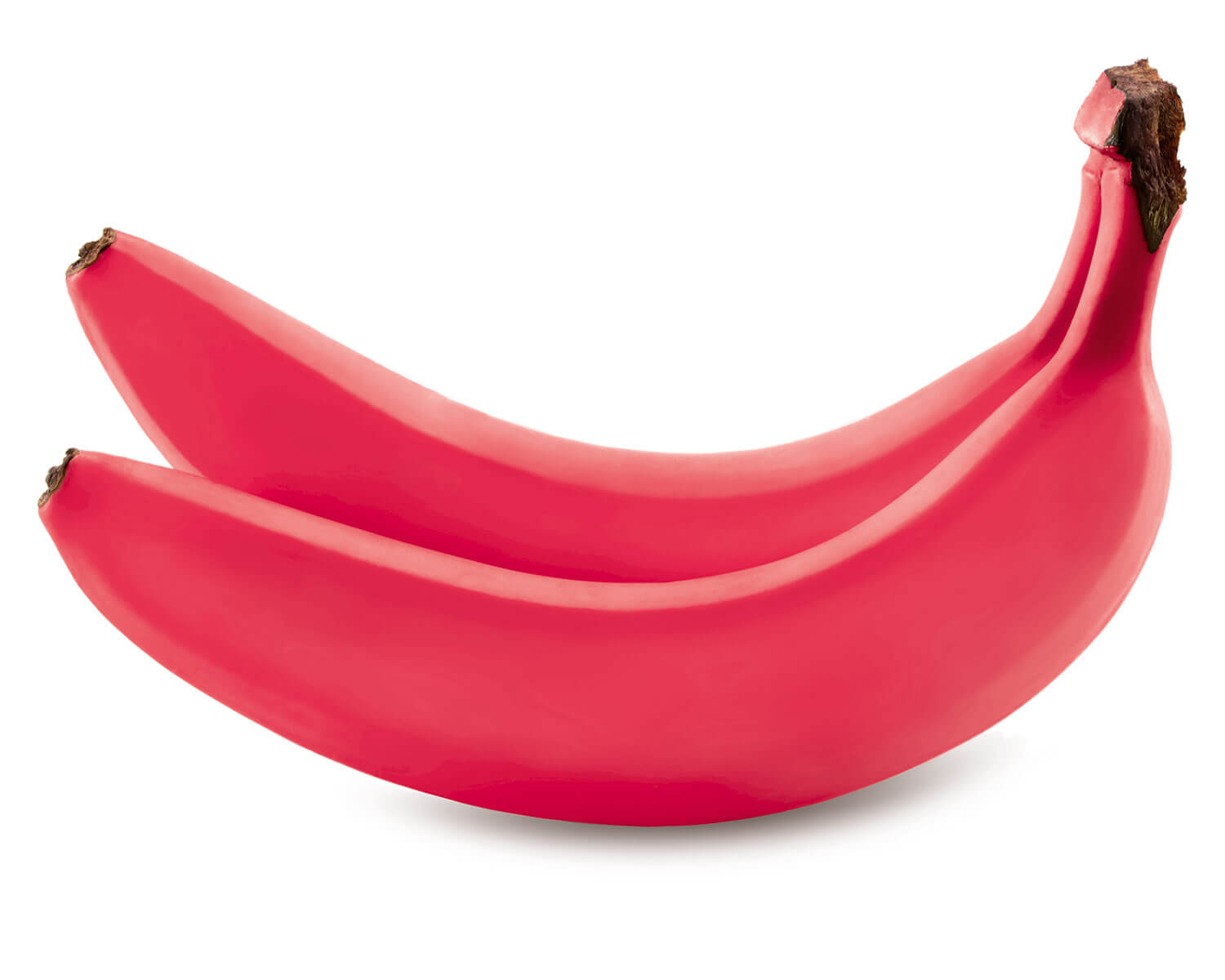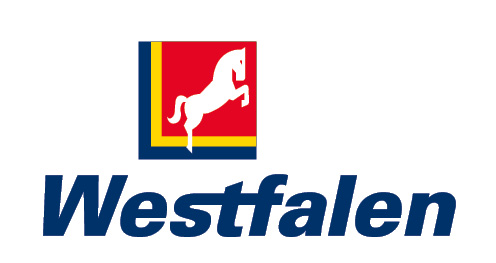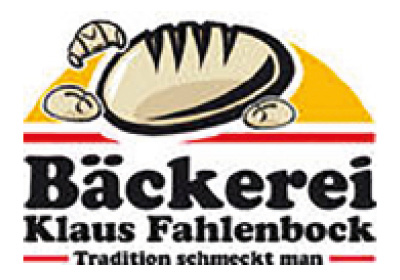
The Fahlenbrock Bakery, located in the Hanseatic city of Wipperfurth is a real showpiece.
Set amongst other competing gourmets in the Oberberg district, the Fahlenbrock products are at the top of every foodies shopping list. The high quality maintained by this 5th generation artisan baker keeps them ahead of cheaper competition and mass produced offers. But tradition does not mean old fashioned – quite the contrary; in 2013 Fahlenbrock built a new modern production facility for their quality products
The master baker, Klaus Fahlenbrock, had a clear vision for the new factory, in maintaining the highest quality, introducing innovative dough fermentation without unnecessary additives and a clear vision to explore all avenues of energy and resource efficiency. DK was involved from the outset and played a major role in delivering the energy efficiency goals
Rather than follow the standard procedure of releasing the waste heat energy from the refrigeration equipment to the atmosphere – DK designed a system that utilises every kW of this “unwanted waste heat” to provide a continuous supply of freely heated potable water for the business operation – and more.
The DK system offers many advantages; including
- A patented design principle that guarantees perfect heated water stratification purely by thermal action with no mechanical assistance.
- The double-wall heat exchanger manufacture that prevents any ingress of water into the refrigeration system.
- Full legionella protection to the highest standard of certification of the WESSLING -Seal.
Um zusätzlich – neben der Trinkwassererwärmung –die Abwärme auch für die Glykolbodenheizung der Gärvollautomaten und für die Abtauung der Verdampfer nutzen zu können, wurde in die DK-Wärmerückgewinnung ein zusätzlicher interner Pumpen-Warmwasser-Wärmetauscher (PWW) eingebaut.
In addition to the DK system providing all of the potable hot water for the business, our Engineers looked for further available uses for the “waste heat energy”. And two further areas were identified. Heating of glycol to warm the fully automatic fermenters and heating of a second glycol circuit to defrost the evaporators.
Rather than go down the standard route of using electric defrost elements, the DK system provides heated glycol to 70-80C to enable rapid energy efficient defrosting to take place, without the cost of high priced electricity and the regular replacement of defective heater elements.
These impressive designs and the innovative approach from DK, enabled funding of 80,000 Euro to be granted for the project from Federal Ministry for the Environment, Nature Conservation and Nuclear Safety.
The system was designed jointly by Ungermann Refrigeration, North Rhine – Westphalia Efficiency Agency and DK.

